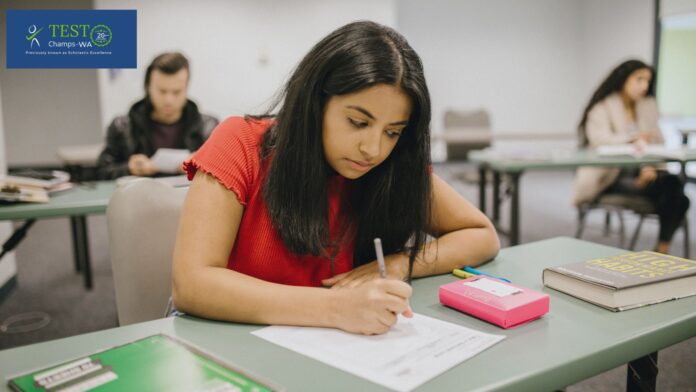Exam preparation is a crucial aspect of every student’s academic journey. It is the process through which students equip themselves with the necessary knowledge and skills to perform well in their tests and exams. Successful exam preparation can significantly impact a student’s academic success, and it requires careful planning and implementation. In this article, we will explore some effective strategies for exam preparation that can benefit students of all levels and backgrounds.
Specialized Guidance from Tutors
One of the keys to successful exam preparation is specialized guidance from tutors. Tutors, especially experienced current or retired teachers, possess a deep understanding of the subject matter and the exam format. They can provide students with personalized attention, helping them grasp difficult concepts, clarify doubts, and improve their problem-solving skills. Tutors can tailor their teaching methods to match the individual learning styles and pace of each student, making the learning process more effective.
Modular-Based Teaching Systems
Modular-based teaching systems have gained popularity in recent years due to their effectiveness in exam preparation. These systems break down the curriculum into manageable modules or units, making it easier for students to focus on one topic at a time. This approach helps in better retention of information and allows students to track their progress as they complete each module. Additionally, modular-based teaching systems often include self-assessment quizzes and exercises, enabling students to gauge their understanding of the material before moving on.
Well-structured work Notes and Worksheets
Effective exam preparation relies heavily on well-structured work notes and worksheets. Students can benefit from organized study materials that summarize key concepts, formulas, and important facts. Well-structured work notes provide a quick reference guide, making revision more efficient. Worksheets, on the other hand, offer opportunities for practice and application of the learned material. Solving problems and completing exercises from worksheets can help students reinforce their understanding and build confidence.
Mock Tests for Exam Practice
Mock tests are a crucial component of exam preparation. They simulate the actual test or exam conditions and allow students to assess their readiness. By taking mock tests, students can familiarize themselves with the format and time constraints of the real exam. It also helps in identifying weak areas that require further attention. Mock tests are invaluable tools for improving time management and reducing anxiety associated with exams.
Individual Progress Tracking
Every student progresses at their own pace, and it’s essential to monitor and track their progress individually. An individual progress chart can be created to record a student’s strengths and weaknesses, allowing for targeted intervention. Teachers, tutors, or parents can use these charts to identify areas that need improvement and provide additional support accordingly. This personalized approach enhances the effectiveness of exam preparation.
End of Term Tests
End of term tests serve as a culmination of a student’s exam preparation efforts. These tests are designed to mimic the difficulty level and format of the actual school tests or exams. By taking end of term tests, students can gauge their readiness and make necessary adjustments to their study plans. It also helps in building confidence and reducing anxiety, as students become more accustomed to the exam environment.
Holiday Revision Classes
Holiday revision classes play a vital role in reinforcing students’ understanding of the subjects. These classes offer an opportunity for focused revision, with an emphasis on challenging topics. During holiday revision classes, students can also be given sample exam questions for practice, giving them an edge in tests and exams. This additional practice under exam conditions can significantly improve a student’s performance in standardized tests such as NAPLAN, GATE, ATAR, and WACE Exams.
Conclusion
In conclusion, successful exam preparation is a multifaceted process that requires careful planning and the implementation of effective strategies. Specialized guidance from tutors, modular-based teaching systems, well-structured work notes, and worksheets, mock tests, individual progress tracking, end of term tests, and holiday revision classes are essential components of a comprehensive exam preparation plan. By adopting these strategies, students can enhance their understanding of the subjects, build confidence, and improve their performance in tests and exams. Exam preparation is not a one-size-fits-all approach; it should be tailored to the unique needs and pace of each student to achieve the best results.


















